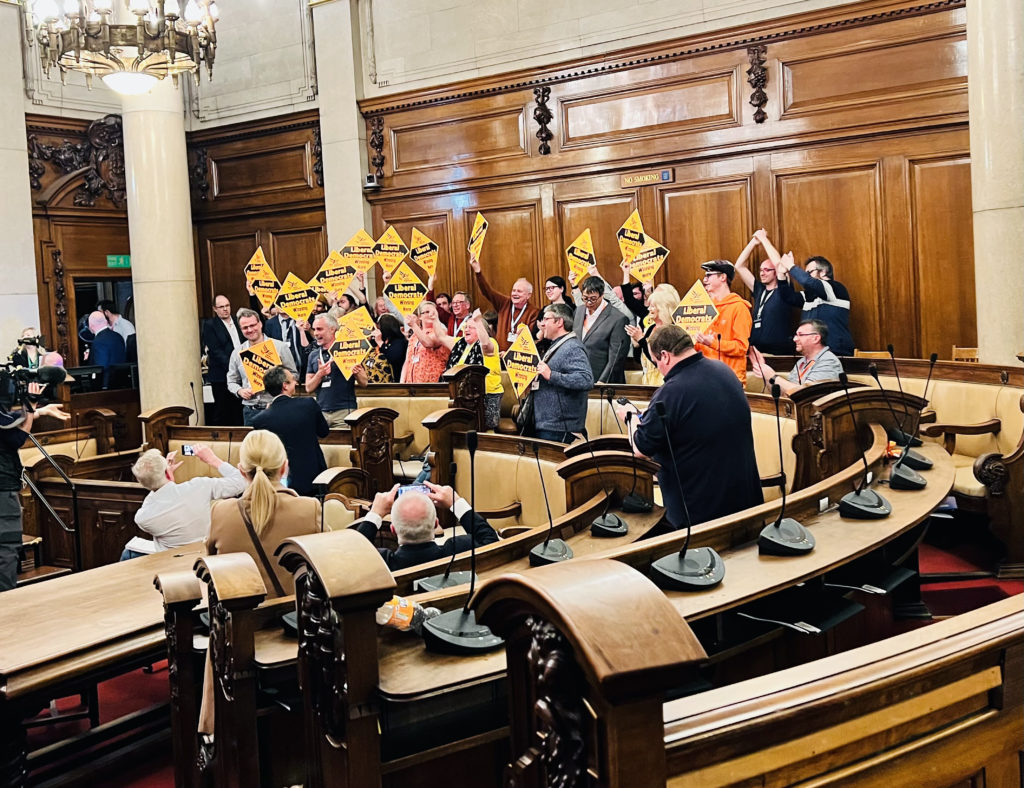What is a written constitution?
A written constitution is a formal document defining the nature of the constitutional settlement, the rules that govern the political system and the rights of citizens and governments in a codified form.
The UK’s constitution is not written in a single document, but derives from a number of sources that are part written and part unwritten, including accumulated conventions, works of authority, Acts of Parliament, the common law, and EU law.
Historically, the UK has not had a definable statement of individual rights and freedoms either – the 1689 Bill of Rights sets out the powers of parliament vis a vis the monarch – but rather relies on the notion of residual freedom and the concept of parliamentary sovereignty.
Therefore, individuals’ rights remain dependent on ad hoc statutory protection or upon judicial protection under common law.


This contrasts to many European and Commonwealth countries and the United States, which have a clearly defined constitutional settlement.
The closest thing the UK has to a bill of rights today is the Human Rights Act 1998, which incorporates the European Convention of Human Rights 1950 (ECHR) into domestic law.
Background
The UK, despite not possessing a formal written constitution, has a series of notable constitutional documents.
These begin with Magna Carta, written in 1215, which outlines some important principles curbing the arbitrary rule of the monarch. This document, while not of legal relevance today, has important symbolic value for establishing the rights of citizens and limiting legislative power.
Magna Carta was followed by the Bill of Rights 1689, which extended the power of Parliament, and then by the Reform Act 1832, which began the process of democratising British politics.
The entry of the UK into the European Union in 1973 was a major constitutional development, bringing Britain under the supra-national jurisdiction of the EU in a limited number of areas, which have grown in the following years. The Factortame case of 1990 (involving the denial of UK fishing rights claims) was used as an example of the erosion of the UK’s unfettered sovereignty during its membership of the European Union.
The incorporation of the European Convention on Human Rights into UK law by the Human Rights Act 1998 provided individuals with the ability to bring claims in domestic courts based on these prescribed human rights. The Act is of major constitutional significance because it strengthens the ability of ordinary people to challenge the actions of the various institutions of government. The Act is formally limited to the acts of public authorities by section six.

Controversies
Many people argue that the UK needs a written constitution in order to restrain the unbridled power of the executive. However, with the executive located in and dominating parliament, anything that limits the power of the government undermines the traditional doctrine of parliamentary sovereignty. A written constitution, in particular, would refute the convention that no future government can be bound irrevocably by the actions of a former government.
As such, the core controversy around the notion of a written constitution has been its potential to act as a brake on the democratic supremacy of parliament. Some believe that the notion of an unelected judicial branch questioning the sovereignty of parliament is fundamentally opposed to the notion of representative democracy.
This is where the 1998 Human Rights Act struck an interesting and delicate compromise.
By only investing the judiciary with the power to make a declaration of incompatibility (under section four of the Act), and by making it clear that parliament only had a duty to ‘consider’ this, the government managed to invest the judiciary and public with a new rights-based settlement, but also succeeded in retaining the principle of parliamentary sovereignty.
Unlike the ‘special’ constitutional law that a written constitution would entail, the HRA has no special status, and is simply a statute with the same force as any other, but with a universal scope. In theory, it could be repealed with no special procedure – although the UK would continue to be bound by its international obligations under the European Convention on Human Rights.
Many critics of the measure claimed that the 1998 Human Rights Act would lead to the collapse of the public sector with each and every aggrieved individual relying on indefinable rights to challenge decisions that went against them. This ‘floodgates’ fear failed to materialise in the years since the introduction of the Act but there were concerns about the interpretation of the act, for example in the criminal justice system, where critics argued the law was being used to protect offenders more than victims.
The debate over a written constitution had been largely conducted amongst constitutional experts, generating little popular enthusiasm. However, the idea of a bill of rights or a written statement outlining citizens’ responsibilities and rights did gain greater prominence as new counter-terrorism measures appeared to erode civil liberties in the wake of the September 11th 2001 attacks in New York and the July 7th 2005 bombs in London.
Under Gordon Brown’s premiership the push for a written constitution began gathering steam. Former Justice secretary Jack Straw was reported to be working on a British bill of rights and responsibilities and there were suggestions this could lead to a written constitution.
However, the present Coalition government upon coming to office in 2010 stated that there there were no plans to adopt a written constitution, although it did intend to look into the creation of a British Bill of Rights.
Subsequently the independent Commission on a Bill of Rights was established by the Government in March 2011. At the end of 2012, the Commission delivered its report – ‘A UK Bill of Rights? – The Choice Before Us’.
Of the Commission’s nine members, seven believed that, on balance, there was a strong argument in favour of a UK Bill of Rights. However, two members remained unconvinced, being particularly concerned about the possibility of a de-coupling of the UK from the European Convention on Human Rights and from the European Court.
Quotes
“As the British Constitution is the most subtle organism which has proceeded from progressive history, so the American Constitution is the most wonderful work ever struck off at a given time by the brain and purpose of man” – William E. Gladstone
“We will establish a Commission to investigate the creation of a British Bill of Rights that incorporates and builds on all our obligations under the European Convention on Human Rights, ensures that these rights continue to be enshrined in British law, and protects and extends British liberties. We will seek to promote a better understanding of the true scope of these obligations and liberties. -The Coalition: Our programme for government, 2010
https://pukdevelop.wpengine.com/blog/2017/10/16/why-the-uk-needs-a-written-constitution/



















